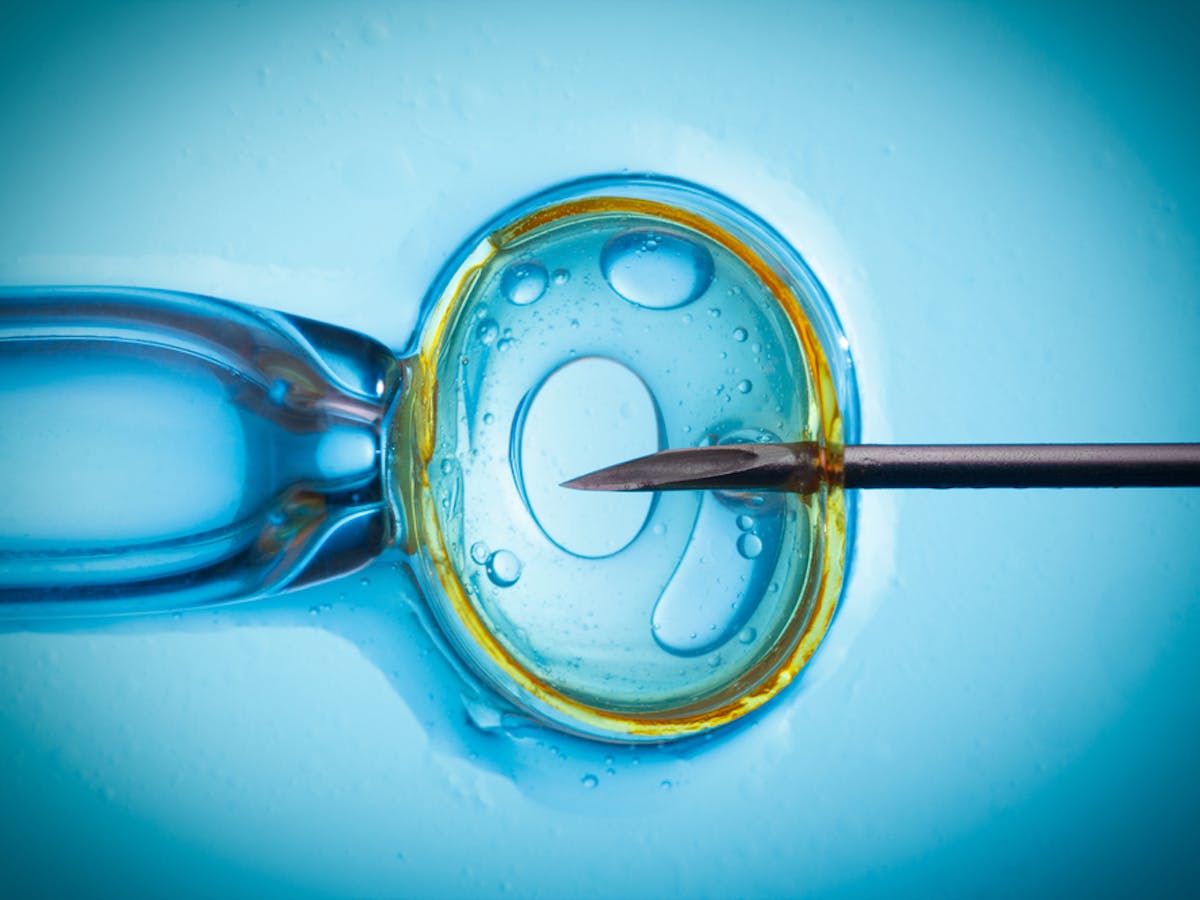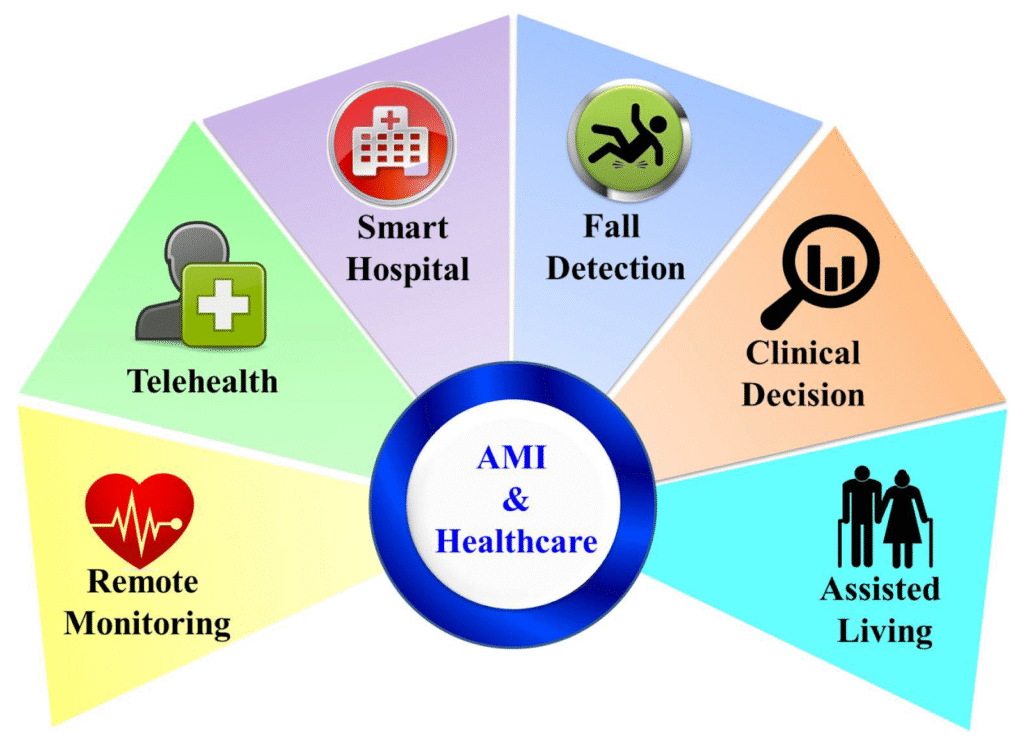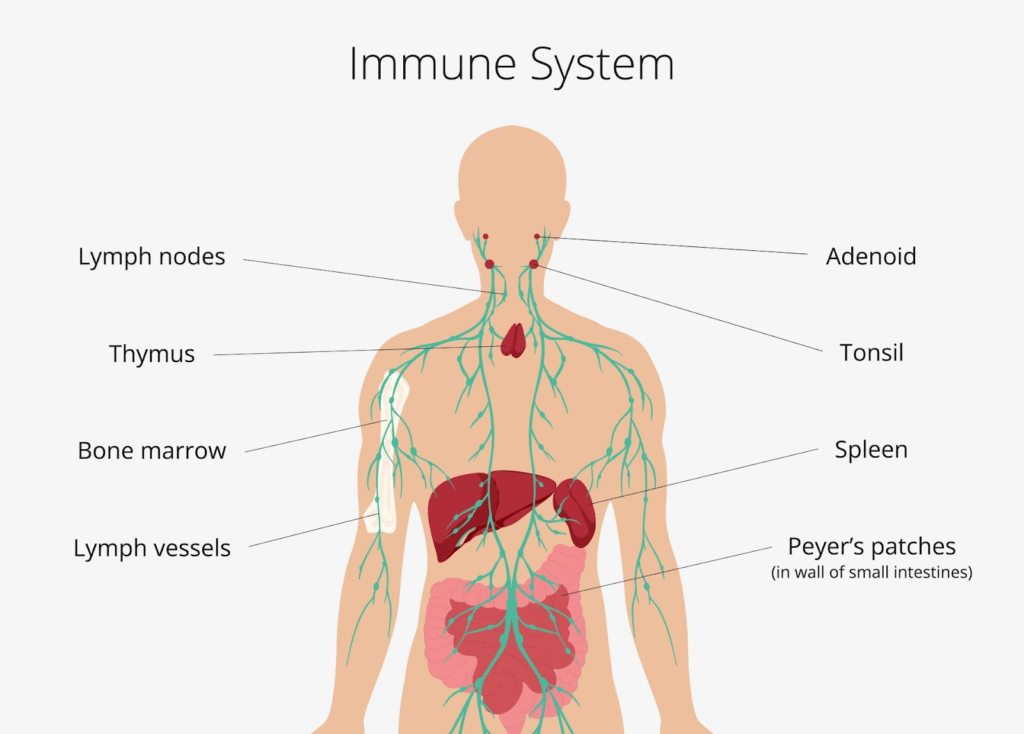
Oocyte cryopreservation stores have frozen unfertilized eggs. It is mostly for anyone who has conditions like sickle cell anaemia that affects fertility. The method is also quite helpful for patients with ongoing cancer treatments that can impact pregnancy. You can freeze your eggs and use them to conceive at a later age. It simply stops the ‘biological clock’ and preserves the reproductive potential of a woman. The success rate of the technique is between 90-95% depending on vitrification protocol, thawing process and embryologist’s experience.
There are few things to consider before getting into it. For example, frozen eggs do not assure pregnancy. Below are other factors for a well-informed choice.
- Physical Preparation
The doctor will check your medical history, fertility and menstrual cycle. A few blood tests are performed to check the hormone levels. Treatments are provided to maximize the number of eggs. Women are expected to take birth control pills a month before receiving the medications. You will have to inject the hormones yourself at home. It includes FSH and LH that encourages ovaries to produce more eggs. GnRH and hCG are also needed to trigger ovulation. Regular blood tests will follow to monitor the efficiency.
- The Maternal Age
The best fertility doctor in Bangalore suggests the younger the better. It increases the chances of a successful pregnancy. This is because the eggs are of high quality with greater fertility possibilities. The optimal time would be between the 20s or early 30s. This is also when you will usually have a higher ovarian reserve. It can further increase the chances of having a baby. The process is not recommended for women aged 38 and above.
- Multiple Cycles
The chances of producing around 20 eggs in one go are quite high. But it might not be possible with low egg reserve and low AMH. You will have to undergo a few more cycles to achieve the desired number of viable oocytes. Try to undergo the process at a young age to improve the rates of success in a single try.
- Side Effects
Constipation, cramping, breast tenderness, bloating and vaginal discharge are common after-effects of egg retrieval. A few side effects of anaesthesia are nausea and fatigue. But these are common to most surgical procedures. They are hardly severe and are manageable with medicines. Patients can resume daily activities within the next 2-3 days. The ovaries return to their normal size within 7-10 days of cryopreservation. Do see a doctor immediately, if the discomfort continues.
- Financial Considerations
The total process includes the preparations, retrieval and cold storage charges. You might also have a pay a few additional amounts with time. So, patients must be well-aware of all the charges way ahead of time. Work with a fertility hospital that makes the process affordable for you. You must chalk out the total costs and check if your medical insurance covers the process. Try to be financially well-prepared to bear the expenses. This will help you have successful cryopreservation without limitations.
A frozen egg that is years old is much better than a fresh egg from an old woman. Embryos from cryopreserved eggs usually do not have complications and are likely to ensure live birth.





More Stories
Health News Insights for Smarter Living
Health News Tips for a Stronger You
Essential Health News for Modern Living